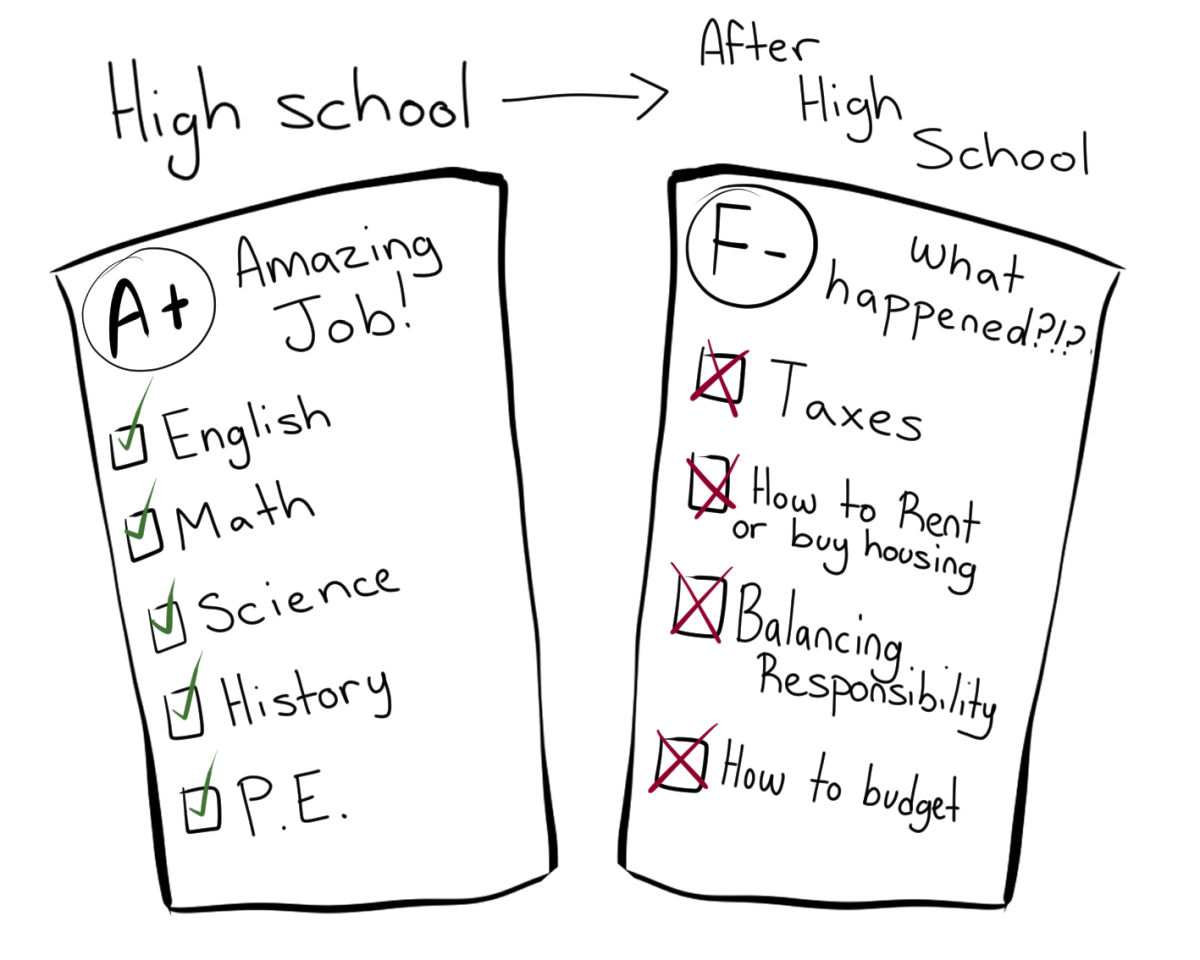Two year colleges should not test for performance enhancing drugs because of the high and unnecessary cost that would not solve the problem.
Banning it completely would be far more dangerous than regulating safe enhancement drugs. Most enhancement drug supplements, such as Creatine, are already available over the counter for consumers, and steroids are prescribed by a physician. Regulation of drug intake would give more information to athletes on safe drugs over harmful ones such as the deadly injectable protein hormone, (EPO) which stimulates red blood cell production and sometimes hard to detect if doping is done right.
Not all performance enhancing drugs are bad for you. Anabolic androgenic steroids (AAS) and nutritional supplements are used to increase testosterone levels in the body to enhance lean muscle mass, while other nutritional supplements help increase energy for training and competition, such as multivitamin tablets.
For many athletes at community colleges, taking safe performance enhancing drugs could be an advantage. An athlete can perform at an outstanding level by using a safe enhancement drug for two years, and have a good chance at getting drafted to their dream school. Having restrictions from harmless supplements could hold back a student from a promising future.
Although many are concerned for the need to drug test, it would be an expensive process and a waste of money for a school that is already dealing with major budget cuts. A school spends about $35,000 a year for athlete drug testing according to the book “Making Sense of Student Drug Testing” written by educators that believe the cost would not be worth it. The book also gives a large-scale national study that proved no major impact on illicit drug use by students and athletes after student drug test.
Logical solutions are always easy to find if you think a little harder. Drug testing is not what community colleges need at the moment, and regulation of safe drugs would be a less costly alternative.






